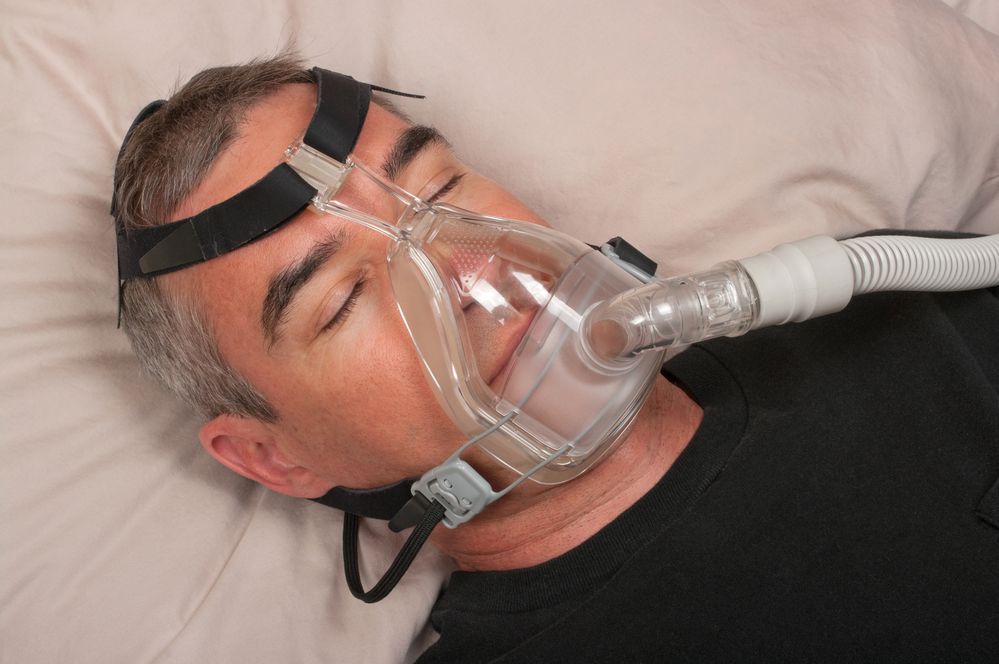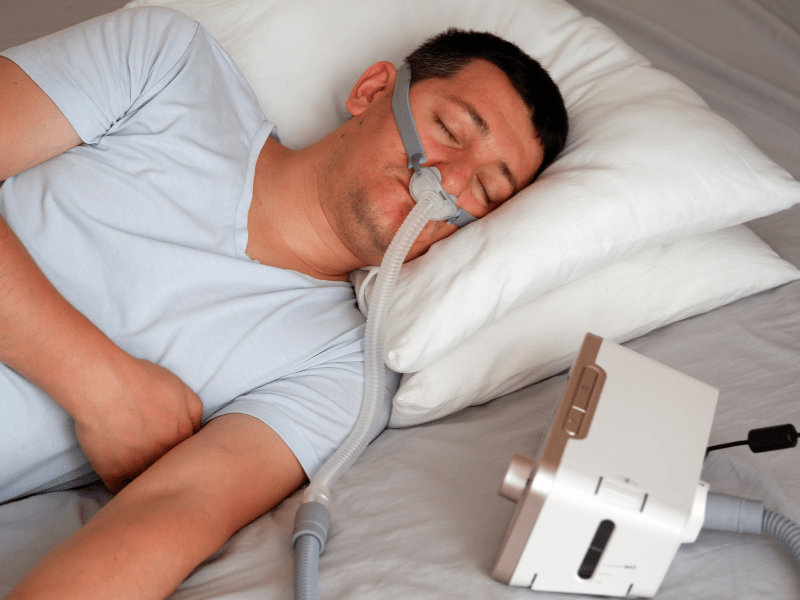BiPAP Rental: Hassle-Free Solutions for Temporary Needs
Bipap vs. CPAP: Which Is the Ideal for Your Rest Condition?
When browsing the complexities of rest disorders, the option between BiPAP and CPAP treatment is a crucial factor to consider. While CPAP supplies a steady air movement ideal for obstructive rest apnea, BiPAP's double stress setups may boost convenience for those with even more elaborate respiratory problems.
Understanding Rest Disorders
Rest problems encompass a variety of problems that interrupt typical rest patterns, impacting both the high quality and period of remainder. These disorders can materialize in various types, including insomnia, rest apnea, narcolepsy, troubled leg disorder, and parasomnias. Each problem presents unique difficulties, typically bring about substantial daytime tiredness, cognitive impairment, and emotional disturbances.
Sleeping disorders is characterized by problem dropping or staying asleep, while sleep apnea includes duplicated interruptions in breathing during rest, typically causing fragmented remainder. Narcolepsy, on the various other hand, is marked by excessive daytime drowsiness and abrupt rest attacks. Agitated leg syndrome triggers awkward sensations in the legs, prompting an unmanageable desire to relocate them, which can additionally prevent the ability to go to sleep.
The effect of sleep conditions prolongs past specific wellness, affecting overall productivity, relationships, and high quality of life. Comprehending the certain nature of each condition is critical for reliable medical diagnosis and therapy. As rest wellness comes to be significantly recognized as a vital component of total health, addressing these problems is essential for boosting both rest high quality and everyday functioning.
How CPAP Works
Continuous Favorable Respiratory Tract Stress (CPAP) treatment is frequently used as a main therapy for obstructive rest apnea (OSA) The device of CPAP entails the use of a machine that delivers a constant stream of air via a mask used during rest. This air movement preserves favorable stress in the airway, preventing the collapse or blockage of the throat that can happen during sleep.
When an individual breathes in, the CPAP machine supplies a constant circulation of air, making certain that the air passage remains open - BiPAP Rental. This not just minimizes the symptoms of OSA, such as snoring and interfered with sleep patterns, but likewise reduces the affiliated health and wellness risks, consisting of cardiovascular difficulties and daytime tiredness
The stress setups on a CPAP machine can be customized to fulfill individual client needs, frequently established through a sleep research study. On the whole, CPAP therapy has been shown to dramatically improve the quality of sleep and total health and wellness for people suffering from obstructive sleep apnea.
Exactly How BiPAP Works
BiPAP, or Bilevel Positive Respiratory Tract Stress, is a customized form of non-invasive ventilation that is particularly useful for individuals with problems such as intricate rest apnea or respiratory system disorders. Unlike CPAP, which delivers a continuous stream of air at a single pressure, BiPAP provides 2 distinctive stress setups: a greater inspiratory stress for breathing and a reduced expiratory stress for exhalation. This dual-pressure strategy permits simpler breathing, decreasing the effort required during exhalation.
The device operates through a mask fitted over the nose or mouth, connected to a machine that generates air stress. When the patient inhales, the machine delivers the higher pressure to help with air flow, making sure that the airway continues to be open. Upon exhalation, the device immediately lowers the stress, making it much more comfortable for the client to breathe out.

Trick Differences Between BiPAP and CPAP

In comparison, BiPAP (Bilevel Positive Respiratory tract Pressure) provides 2 various pressure settings: one for breathing and a reduced one for exhalation. This dual pressure system permits for more comfortable breathing, especially for clients that battle with breathing out versus a constant pressure. BiPAP is typically advised for clients with complicated rest apnea, chronic obstructive pulmonary disease (COPD), or those who require additional assistance throughout rest.
In addition, the complexity of BiPAP gadgets normally causes a higher cost and calls for much more careful titration than CPAP. BiPAP Rental. Comprehending these essential differences can assist in identifying which tool might be preferable for details rest disorders, establishing the foundation for educated therapy decisions
Selecting the Right Therapy
The choice between BiPAP and CPAP therapy primarily pivots on the particular characteristics of the sleep condition, the client's total health and wellness, and their comfort with the device. CPAP, which provides a continual stream of air, is commonly suggested for obstructive rest apnea (OSA)
Conversely, BiPAP supplies 2 levels of stress: one for breathing and a reduced one for exhalation. This dual pressure system is helpful for people with intricate rest apnea or those who experience difficulty breathing out versus a continuous pressure. In addition, BiPAP is commonly advised for people with respiratory system conditions, such as persistent obstructive lung condition (COPD), where differing stress settings can improve convenience and compliance.
Ultimately, a detailed analysis by a rest professional, consisting of a sleep research study, can aid determine which treatment straightens best with the client's requirements. Elements such as comfort, convenience of usage, and particular medical problems must also be considered to maximize therapy outcomes.
Conclusion
In summary, both BiPAP and CPAP offer unique objectives in the monitoring of sleep conditions. CPAP works for obstructive sleep apnea with regular airflow, while BiPAP supplies dual this post pressure settings that improve convenience for click for more those with complicated sleep apnea or respiratory problems. The option between these treatments must be directed by individual requirements and conditions, requiring a comprehensive assessment by a sleep specialist to guarantee optimum therapy outcomes and boosted quality of rest.

On the whole, CPAP treatment has been revealed to substantially enhance the top quality of sleep and overall wellness for people experiencing from obstructive rest apnea.
BiPAP is typically recommended for patients with complex sleep apnea, persistent obstructive lung condition (COPD), or those who need added assistance throughout rest.
CPAP is reliable for obstructive sleep apnea with constant airflow, while BiPAP provides twin pressure settings that boost convenience for those with complicated sleep apnea or respiratory problems.